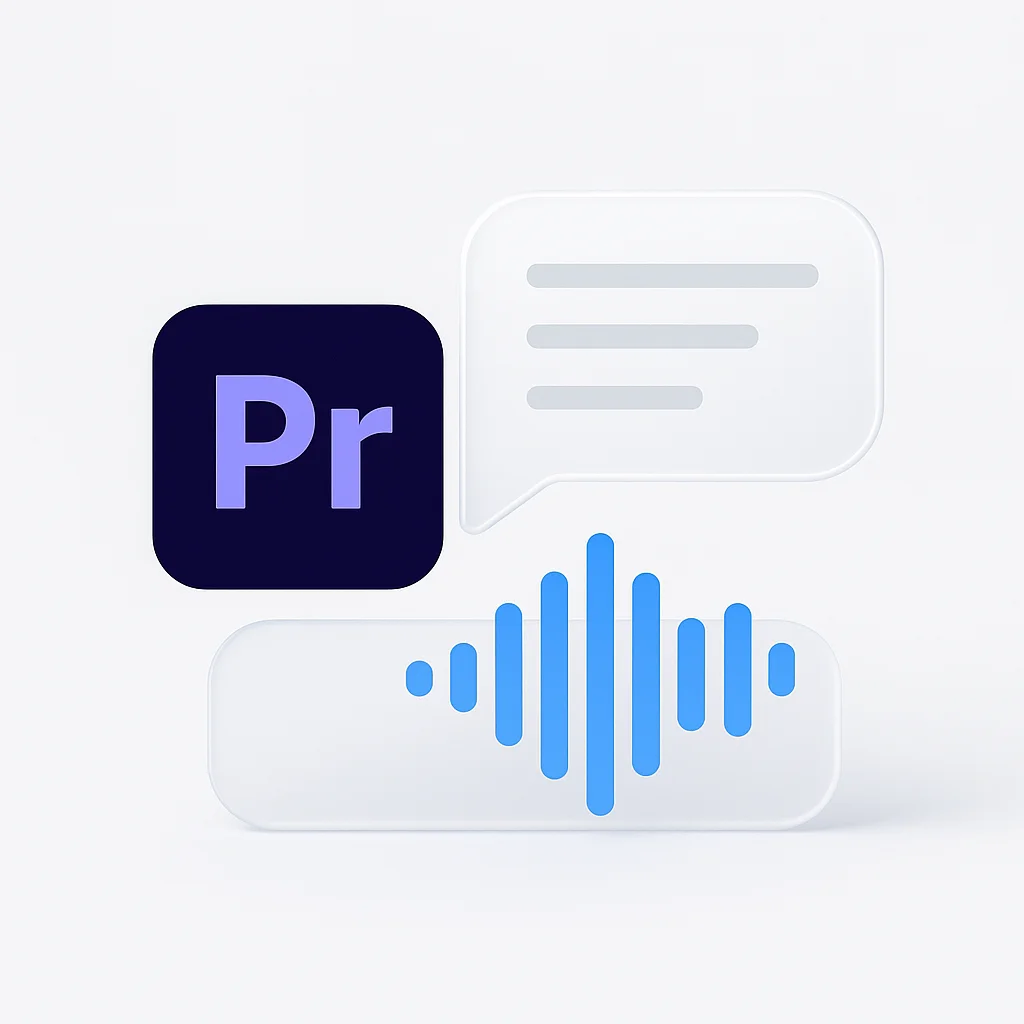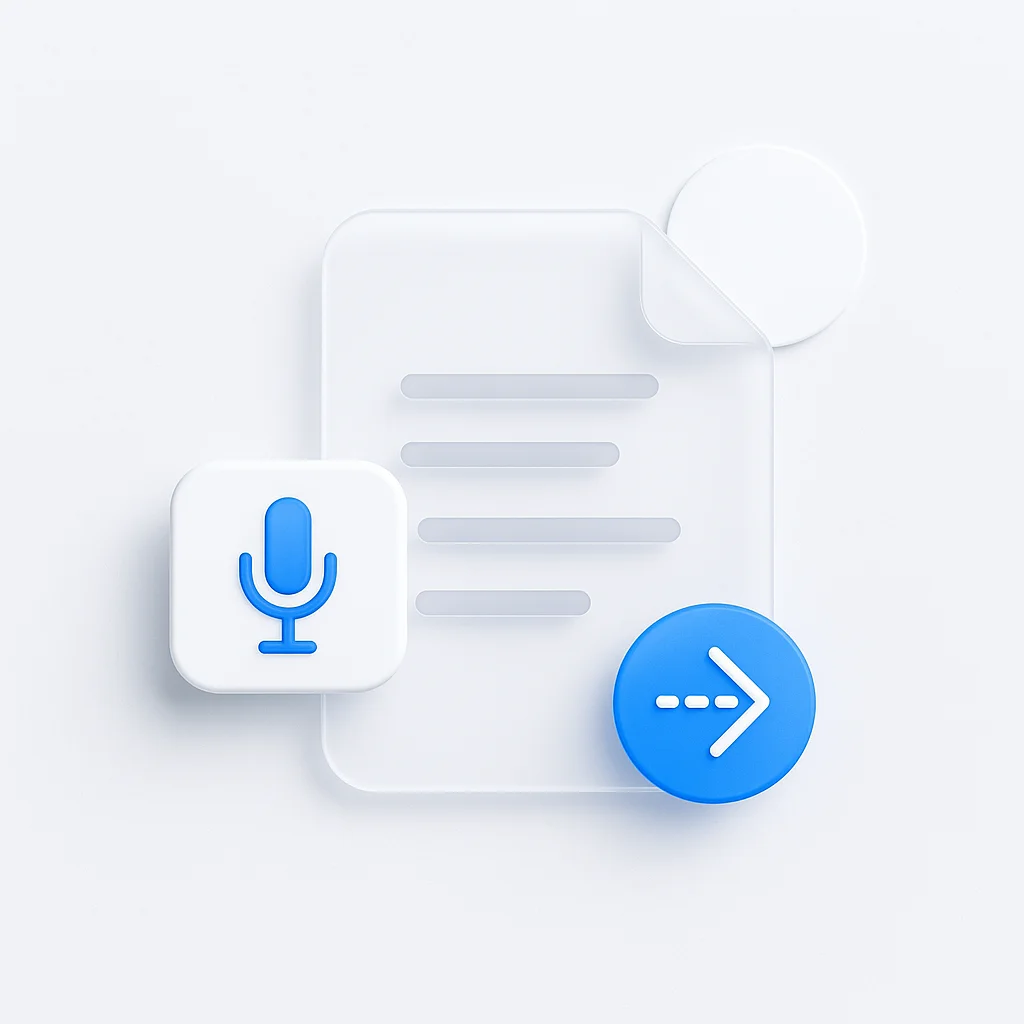If someone recorded you without your consent, you’re likely wondering what legal options you have. This comprehensive guide covers everything you need to know about unauthorized recording laws, when you can sue, and what specific actions you can take to protect your privacy rights in 2025.
What Can I Do If Someone Recorded Me Without My Consent?
If someone recorded you without permission, here are your immediate options:
- Document the incident - Save evidence of the unauthorized recording
- Check your state’s recording laws - Determine if laws were violated
- Contact law enforcement - File a police report if criminal laws were broken
- Consult an attorney - Explore civil lawsuit options for damages
- Send a cease and desist letter - Demand they stop using the recording
- Report to authorities - Contact workplace HR or relevant regulatory bodies
The specific actions available depend on your state’s consent laws and whether the recording occurred in public or private settings.
Can You Sue Someone for Recording You Without Permission?
Yes, you can sue someone for recording you without permission in many situations. Your ability to sue depends on:
- State recording laws (one-party vs. two-party consent)
- Location of recording (public vs. private setting)
- Your involvement in the conversation
- Type of recording (audio vs. video)
- Damages suffered from the unauthorized recording
When Lawsuits Are Most Successful
You have the strongest legal grounds to sue when:
- Recording occurred in a two-party consent state without all parties consenting
- You were recorded in a private setting with expectation of privacy
- The recording caused measurable damages (emotional distress, lost employment, etc.)
- Criminal wiretapping laws were violated
State-by-State Recording Laws: Can I Sue in My State?
New York Recording Laws
New York is a one-party consent state, but you can still sue for unauthorized recording in certain situations:
- Can I sue someone for recording me without my permission in NY? Yes, if you weren’t part of the conversation and were recorded in private
- Is it legal to record a conversation in NY? Yes, if you’re a party to the conversation
- Can you record a conversation in NY? Yes, as long as you’re involved in the conversation
- NY recording laws classify unauthorized non-party recording as a felony, allowing civil lawsuits
North Carolina Recording Laws
North Carolina is also a one-party consent state:
- Can I sue someone for recording me without my permission in NC? Yes, for private recordings where you had expectation of privacy
- Recording is legal if the recorder is part of the conversation
- Unauthorized private recordings can still be challenged in court
Two-Party Consent States
In these states, all parties must consent to recording, making lawsuits more common:
Florida Recording Laws
- Can I sue someone for recording me without my permission in Florida? Yes, Florida requires two-party consent
- Can you record a phone call in Florida? Only with all parties’ consent
- Violations can result in both civil and criminal penalties
Ohio Recording Laws
- Can I sue someone for recording me without my permission in Ohio? Yes, Ohio is a two-party consent state
- Ohio two party consent laws require everyone’s permission
- Is it legal to record a conversation in Ohio at work? Only with all parties’ consent
Michigan Recording Laws
- Can I sue someone for recording me without my permission in Michigan? Yes, Michigan requires two-party consent
- Unauthorized recording can lead to civil lawsuits for damages
Other Two-Party Consent States
- California: Strict two-party consent with significant penalties
- Pennsylvania: Two-party consent required
- Illinois: All-party consent mandatory
- Maryland: Two-party consent state
What Can I Do If Someone Recorded Me Without My Consent at Work?
Workplace recording has specific legal considerations:
Your Rights at Work
- Document the incident and report to HR immediately
- Check company policies on recording and surveillance
- Review state employment laws - some states have additional workplace protections
- File complaints with state labor departments if laws were violated
- Consider wrongful termination claims if you were fired for refusing to be recorded
Is It Legal to Record a Conversation in NY at Work?
In New York, workplace recording follows one-party consent rules, but:
- Employers may have policies prohibiting recording
- Union contracts may restrict recording
- Recording in private areas (bathrooms, break rooms) may violate privacy laws
Phone Call Recording Laws
Can I Record a Phone Call in New York?
Yes, New York’s one-party consent law applies to phone calls - you can record calls you participate in.
Can You Record a Phone Call in Florida?
No, Florida requires all parties to consent before recording phone calls.
General Phone Recording Rules
- One-party states: You can record calls you’re part of
- Two-party states: All parties must consent
- Interstate calls: Follow the strictest state’s law involved
Is It Illegal to Record Someone Without Their Permission?
The legality depends on several factors:
When Recording is Legal
- Public settings with no expectation of privacy
- One-party consent states when you’re part of the conversation
- Consensual recording in any state
- Law enforcement with proper warrants
When Recording is Illegal
- Private settings without consent
- Two-party consent states without all parties agreeing
- Hidden cameras in private areas
- Voyeuristic recording in bathrooms, bedrooms, etc.
Public vs. Private Recording Laws
Can You Film People in Public?
Yes, filming in public is generally legal because there’s no reasonable expectation of privacy. However:
- Commercial use may require consent
- Harassment while filming can be illegal
- Some locations (government buildings) may restrict recording
Is It Illegal to Film Someone in Their Home?
Yes, filming someone in their home without consent is typically illegal, regardless of state consent laws, due to expectation of privacy.
Recording on Private Property
- Property owners can restrict recording
- Hidden cameras without consent often violate privacy laws
- Can someone film me without my permission on private property? Generally no, especially in areas with privacy expectations
How Much Can You Sue Someone for Recording You Without Permission?
Damages vary significantly based on:
Types of Damages Available
- Actual damages: Lost income, medical expenses from emotional distress
- Statutory damages: Many states provide fixed amounts ($1,000-$10,000+ per violation)
- Punitive damages: Additional punishment for egregious violations
- Attorney fees: Some states allow recovery of legal costs
Factors Affecting Damage Awards
- Severity of privacy violation
- Distribution of the recording
- Emotional distress caused
- Financial harm suffered
- Defendant’s intent and conduct
Legal Recourse: What to Do If Someone Recorded Me Without My Consent
Immediate Steps
- Preserve evidence of the unauthorized recording
- Document circumstances - date, time, location, witnesses
- Check state laws to determine violations
- Contact police if criminal laws were broken
Legal Actions Available
- Civil lawsuit for invasion of privacy
- Wiretapping violations with criminal penalties
- Emotional distress claims for psychological harm
- Cease and desist orders to stop distribution
When to Contact an Attorney
Consult a lawyer if:
- The recording caused significant harm
- Criminal laws may have been violated
- You’re unsure about your state’s laws
- The recorder is distributing the content
Specific State Recording Law Details
Is New York a One Party Consent State?
Yes, New York is a one-party consent state for recording conversations, but with important exceptions for criminal activity.
Is Delaware a One Party Consent State?
No, Delaware is a two-party consent state requiring all parties to agree to recording.
Recording Without Consent Washington State
Washington requires two-party consent - recording without all parties’ permission can result in civil and criminal penalties.
Exceptions and Special Circumstances
Law Enforcement Recording
Police can record with proper warrants under federal wiretapping laws.
Journalism and First Amendment
Journalists have some protections for recording in public, but must follow state consent laws for private recordings.
Security and Safety Recording
Businesses can record for security with proper notice, but employee privacy areas remain protected.
Criminal vs. Civil Penalties
Criminal Penalties
- Wiretapping charges in violation states
- Fines and imprisonment for repeat offenders
- Felony charges for distributing illegal recordings
Civil Penalties
- Money damages for privacy violations
- Injunctive relief to stop distribution
- Attorney fees in some jurisdictions
Key Takeaways: Can You Sue Someone for Recording You?
- Yes, you can sue for unauthorized recording in many situations
- State laws vary - know your local consent requirements
- Private settings offer stronger protection than public ones
- Document everything if you’ve been recorded without consent
- Consult an attorney for significant violations or damages
- Act quickly as statutes of limitations apply
Understanding your rights regarding unauthorized recording is crucial in our digital age. While laws vary by state, you have legal options when someone violates your privacy by recording without consent.
Frequently Asked Questions
Can someone record you without your consent? It depends on state law and location. In one-party consent states, recording is legal if the recorder participates in the conversation. In two-party consent states, all parties must agree.
Can you sue someone for recording you without your consent? Yes, especially in two-party consent states or when recorded in private settings with expectation of privacy.
What to do if someone recorded me without my consent? Document the incident, check state laws, contact law enforcement if criminal laws were violated, and consult an attorney about civil remedies.
Conclusion
Recording laws are complex and vary significantly by state. If someone recorded you without permission, you may have both civil and criminal legal options available. The key factors are your state’s consent requirements, the location of the recording, and whether you suffered damages.
For specific legal advice about your situation, especially regarding potential lawsuits, consult with an attorney experienced in privacy law and recording violations in your state.
Key Citations
- New York Audio and Video Recording Laws
- North Carolina Recording Laws
- Two Party Consent States 2025
- Electronic Communications Privacy Act
- Title III of The Omnibus Crime Control and Safe Streets Act of 1968 (Wiretap Act) | Bureau of Justice Assistance
- Know Your Rights When Taking Photos and Making Video and Audio Recordings | ACLU Pennsylvania
- Is It Illegal to Record Someone Without Their Permission?
- Recording in Public: Is It Illegal to Record Without Permission?
- The Reporters Committee for Freedom of the Press
![Can I Sue Someone for Recording Me Without My Permission? [2025 Legal Guide]](/blog/can-i-sue-someone-for-recording-me-without-my-permission.webp)


